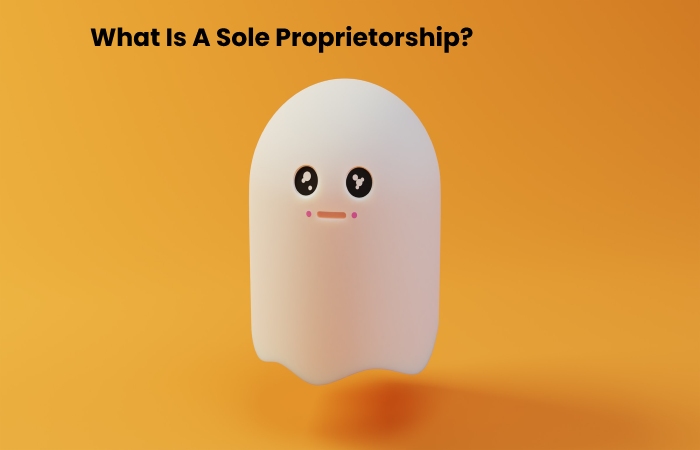What does sole proprietorship mean?
A sole proprietorship is the direct method of business structure. Anyone can be a sole proprietor, and there is no legal basis for this business form. The term sole proprietorship refers to someone in some business and who is. You can run a sole proprietorship under your name or a “doing business as” (DBA) name, such as Manny’s Sandwiches. The DBA is a business name only and does not create a legal entity separate from the sole proprietor.
A Sole Proprietorship Remains A Prevalent Form Of Business
A sole proprietorship remains a prevalent form of business because it is simple, easy to set up, and has minimal costs. All that is need is to register your name and your applicable DBA and pay for local licenses if require. Once this, you are ready for business. The difficulty of a sole proprietorship is that the sole proprietor is responsible for all business debts. And there is no legal shield against lawsuits. If a sole proprietor loses a case, they are responsible for paying the judgment with their own money, which could put their savings or home at risk.
Many Companies Start As Sole Proprietorships
Many companies start as sole proprietorships and then transform into one of the most complex business structures. Because the sole proprietorship is not a legal entity, any contract entered into is usually signed by the sole proprietorship owner on his or her own behalf. Payments to the company are also made in the name of the owner. Even if they use a trade name to conduct business. It is not unusual for sole proprietors to pool business assets and personal assets, which is prohibit with traditional corporations and LLCs.
Taxes remain a simple matter since the sole proprietorship is indistinguishable from the owner. Any income from the sole proprietor is taxed as the owner’s profit. With the pay and losses filed using Schedule C and a Standard Form 1040. Gains and losses are calculated on Schedule C and then transferred to Form 1040 as regular earnings can be attractive. Can use any losses incurred by the company to offset income from other sources.
Drawback To A Sole Proprietorship
One drawback to a sole proprietorship is the need for the owner also to file a Schedule SE, which calculates the amount of self-employment tax due. The owner does not need to pay the unemployment tax himself but is responsible for the 15% social security tax on the gross earnings. In a traditional employment scenario, an employee pays only half of the social security requirement, so this may surprise some new sole proprietors.
Another and potentially most significant disadvantage of being a sole proprietor is that the business owner is personally liable for any debts the business incurs. It could be quite a concern if an owner took out a loan and later owned the business. The dissolution of the company will not mean the end of the debt. Instead, the corporate owner would be requirement to repay the loan from his assets.
An even more catastrophic scenario is possible. Understand there is an accident involving the business owner or one of his employees. He could lose all his savings and even his home! Could sell a lawsuit against the sole proprietor, and even his personal assets would be at risk!
Considering A Sole Proprietorship Should Carefully
Anyone considering a sole proprietorship should carefully consider the previous two paragraphs before proceeding. Businesses close, and accidents happen. It could be heartbreaking to see all of your assets consumed by such an occurrence.
Still, one of the positives of a unique property is the ease of creating it. There is no need to submit any special documentation. Just the act of conducting business makes you a sole proprietor. All that is need is the buying and selling a good or service.


